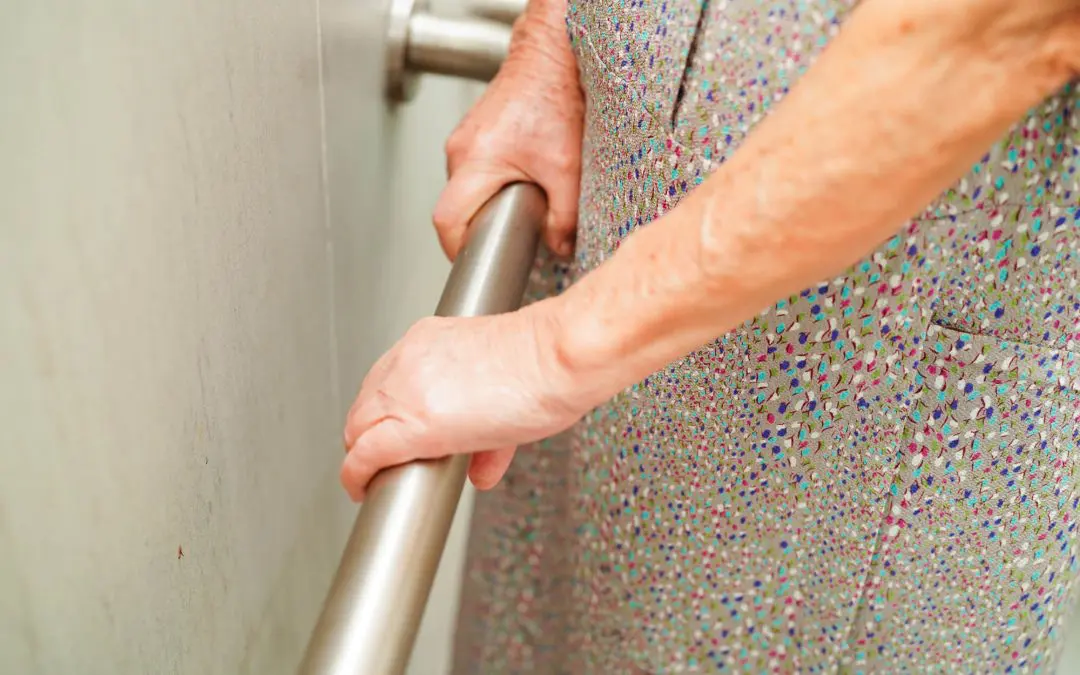As our loved ones age, ensuring their living environment is safe and conducive to their well-being becomes important. Home safety for seniors is an issue that encompasses various aspects of daily life. You can significantly reduce the risk of accidents and enhance the safety of older family members’ living spaces. Here are essential tips to make a home safe for seniors.
1. Make a Home Safe for Seniors: Fall Prevention
Falls are a leading cause of injury among older individuals. To minimize this risk, install handrails along staircases and in bathrooms. Secure loose carpets and remove tripping hazards, such as electrical cords and clutter, from walkways. Non-slip mats in the bathroom provide stability on damp surfaces.
2. Proper Lighting
Good visibility is helpful for seniors, especially in areas they frequent. Verify living spaces are well-lit, and install nightlights in hallways, bedrooms, and bathrooms. Motion-activated lights are particularly useful in preventing falls when navigating the house after dark.
3. Accessible Living Spaces
Arrange furniture to create clear and wide pathways, allowing for easy navigation with mobility aids like walkers and wheelchairs. Consider placing commonly used items to minimize the need for stretching or bending. Keep essential things within reach to avoid unnecessary strain.
4. Bathroom Safety is Essential to Make a Home Safe for Seniors
Bathrooms are high-risk areas. Install grab bars near the toilet and in the shower or tub. Add a shower chair or bench for support and stability while bathing. Non-slip bath mats are essential to prevent slipping on wet surfaces.
5. Kitchen Modifications
Make kitchen items easily accessible without the need for excessive reaching or bending. Opt for appliances with user-friendly controls and install grab bars in areas where seniors need support. Label pantry items for easy identification.
6. Medical Alert Systems
In case of emergencies, a medical alert system is invaluable. These systems allow seniors to call for help with the push of a button, providing peace of mind for older family members and their caregivers.
7. Fire Safety
Regularly test smoke detectors and replace batteries as needed. Create a fire escape plan and make sure your loved ones are familiar with it. Keep a fire extinguisher in the kitchen and teach everyone how to use it safely.
8. Medication Management
Organize medications in a pill organizer to prevent confusion. Incorporate a medication dispenser that provides reminders for dosage times. Regularly review medications with healthcare professionals to avoid adverse interactions.
9. Regular Home Maintenance
Keep the home in good repair by addressing issues promptly. Fix loose handrails, repair uneven flooring, and maintain a safe outdoor environment. Regular maintenance helps prevent hazards from arising.
10. Social Support is Part of Making a Home Safe for Seniors
Loneliness and isolation can contribute to a decline in senior health. Encourage social interactions through regular visits, phone calls, or participation in community activities. A strong social support system contributes to emotional well-being and overall security.
Creating a safe home for seniors involves thoughtful modifications, regular maintenance, and a focus on your aging family member’s specific needs. Addressing potential hazards and implementing these tips, you help seniors maintain their independence and enjoy a secure and comfortable living environment. Regular communication with healthcare professionals and caregivers further enhances the overall safety and well-being of older loved ones.
Esham Inspections offers professional home inspection services to customers in Maryland and Delaware. If you’re buying or selling a home, contact us to schedule an appointment.

